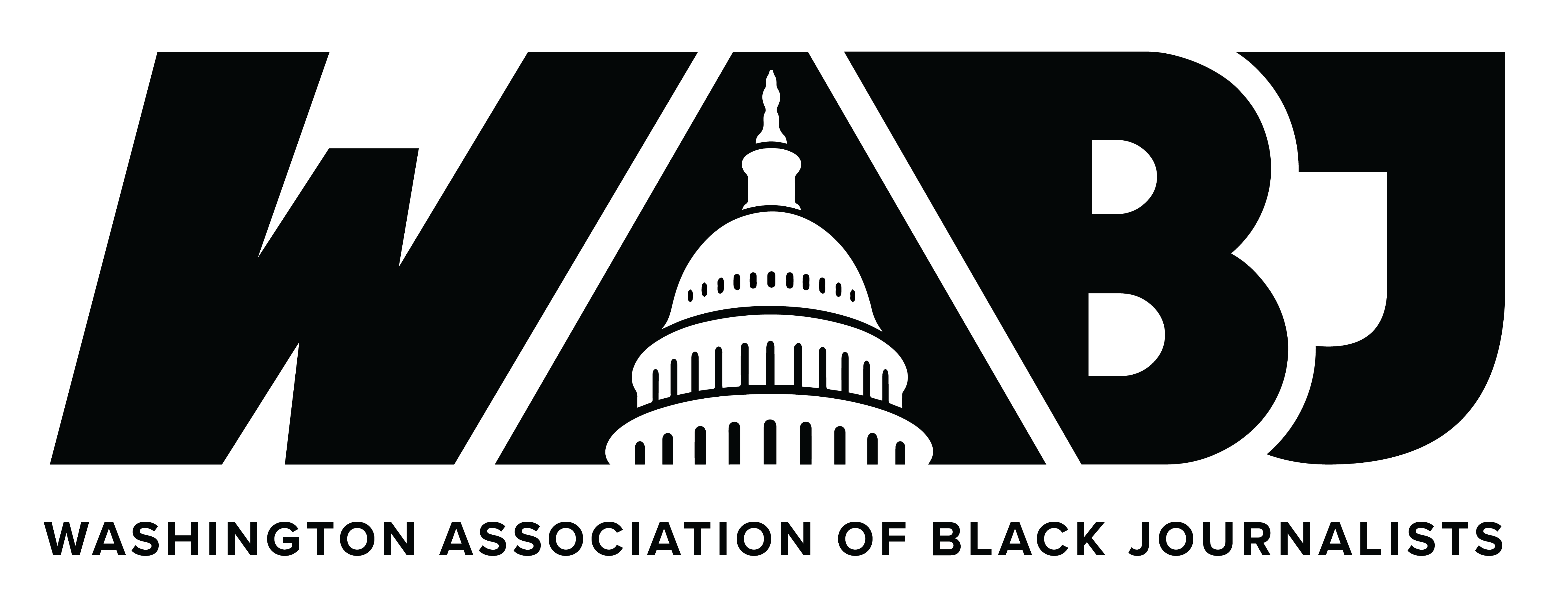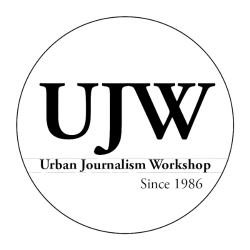By Lenaya Stewart
UJW
WASHINGTON – Vernice Armour was four years old when she watched a police officer ride a horse in downtown Memphis. At that moment, she promised herself that she would do the same one day.
Little did she know that at a young age she was developing confidence that would push her through future barriers.
“Acknowledge the obstacles, but don’t give them power,” Armour said when asked about the hindrances that could block her dreams. She believes with the right attitude anyone can go from zero to breakthrough.
That’s what she told a group of high school students in the Urban Journalism Workshop during a recent news conference.
She said she didn’t face racial or sexist barriers to become the first African-American combat pilot in the Marine Corps. Through her military career there were numerous people who didn’t like her. She had no idea if their dislike of her was triggered by her skin color, her sex or just her, in general.
She said it wouldn’t have mattered anyway because you can’t be what people around you want you to be.
Armour was in college when she joined the ROTC program. One day, during a summer program, she saw a black woman in a flight suit. Just seeing this woman changed Armour’s whole life.
“I said, ‘Whoa, why didn’t I think of that,’ ” Armour said.
She knew from that moment on that she would have a future in aviation.
Armour eventually became the first African-American combat pilot in the Marine Corps. Her confidence was the key to her accomplishment.
Entering the Maine Corps was an obstacle unto itself.
Her parents were opposed to her entering the Marine Corps. Her stepfather, who was retired from the Marine Corps, worried that she would be mistreated while her mother worried about her safety.
Armour would not be defeated, though. She still wanted to be like the woman in the flight suit. So she headed to flight school, graduated at the top of her class in July 2001.
She wanted to fly jets, but there weren’t enough openings for that task. Instead, she began training to fly AH-1W Super Cobra attack helicopters.
She said she never considered giving up.
“Don’t make excuses, think of how you can make things better; and make a commitment and then a commitment to the commitment,” she said.
Her latest commitment is to form a leadership community center in Washington, D.C. She also is working on her first book titled Zero to Breakthrough.
“Self confidence gives you the freedom to make mistakes and cope with failure without feeling that your world has come to an end or that you are worthless,” she said.


